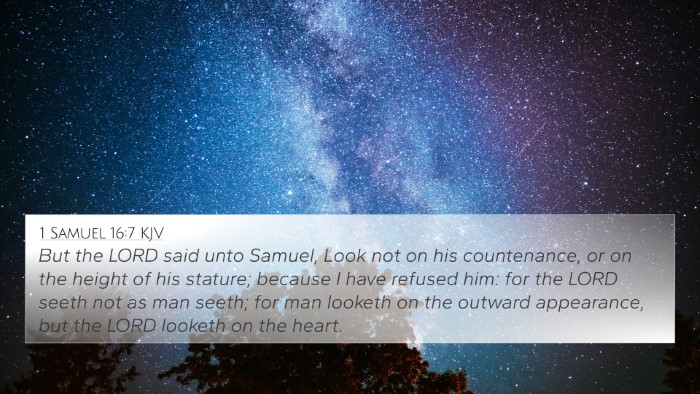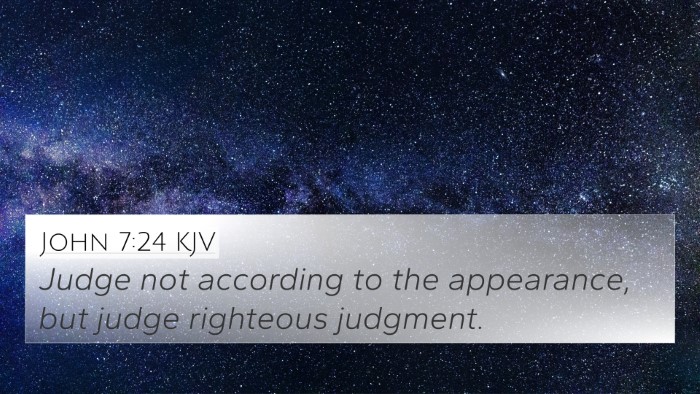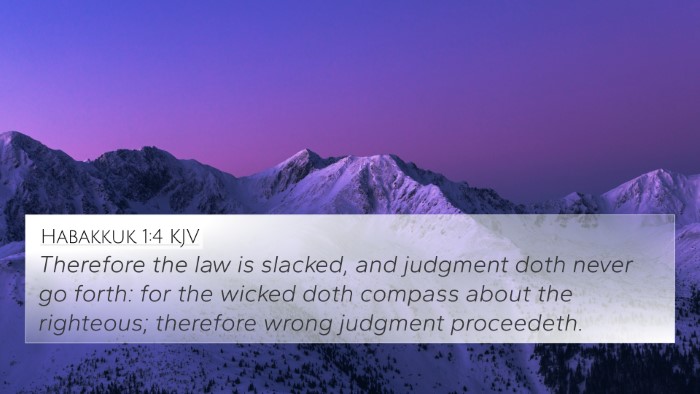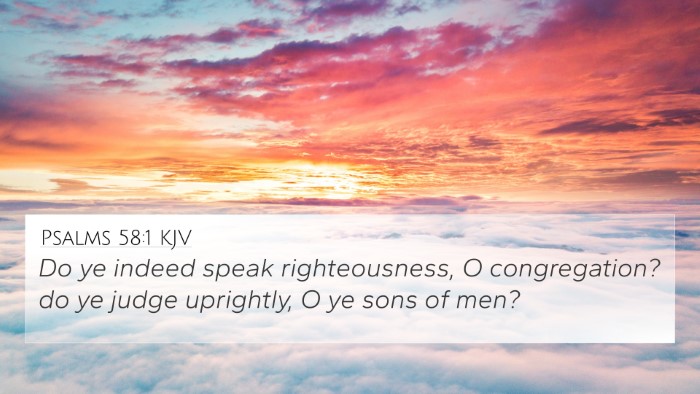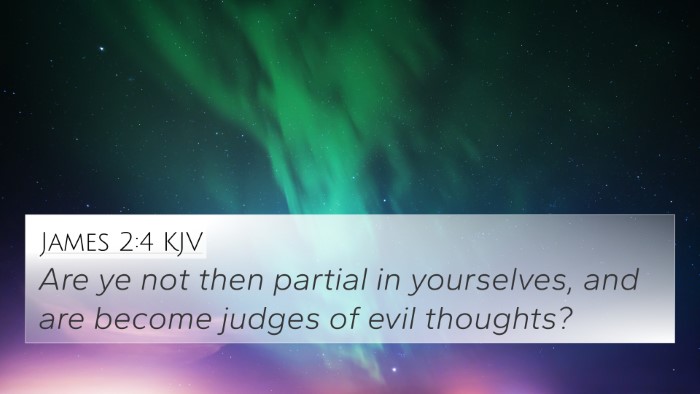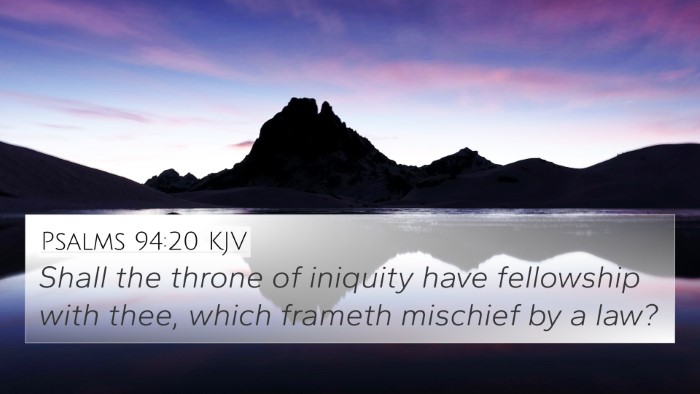Understanding John 8:15
Bible Verse: John 8:15 states, "You judge according to the flesh; I judge no one." This verse captures a pivotal moment in Jesus' dialogue, emphasizing the nature of divine judgment versus human perception.
Meaning and Interpretation
The phrase "You judge according to the flesh" indicates the limited perspective that human judgment encompasses—rooted in outward appearances and immediate circumstances. In contrast, Jesus asserts, "I judge no one," revealing His divine authority to transcend human limitations.
Key Insights from Commentaries
-
Matthew Henry: Henry emphasizes that human judgment is often flawed, being restricted by our sinful nature and external appearances, while Christ, operating from a divine perspective, sees the true nature of the heart.
-
Albert Barnes: Barnes points out that Jesus' statement reflects His mission to save rather than to condemn, assertively separating His divine role from worldly judgments. It illustrates the grace inherent in Christ's ministry.
-
Adam Clarke: Clarke notes that this verse underscores the inadequacy of human criticism and highlights the importance of divine insight in understanding true righteousness and justice.
Thematic Connections
John 8:15 also sets the stage for a deeper thematic exploration of judgment throughout scripture. The themes of light vs. darkness, truth vs. falsehood, and divine love vs. human condemnation echo throughout both the Old and New Testaments.
Cross-References
This verse connects with several others that explore similar themes of judgment and divine wisdom:
- John 7:24 - "Do not judge according to appearance, but judge with righteous judgment." This reinforces the call to seek deeper truths.
- Matthew 7:1 - "Judge not, that you be not judged." This verse underscores the importance of self-examination before passing judgment on others.
- 1 Samuel 16:7 - "For the Lord sees not as man sees: man looks on the outward appearance, but the Lord looks on the heart." This highlights God's superior insight compared to human assessment.
- John 12:47 - "And if anyone hears My words and does not believe, I do not judge him; for I did not come to judge the world but to save the world." This further elucidates Jesus' mission.
- Romans 14:10 - "But why do you judge your brother? Or why do you show contempt for your brother?" This calls for unity and love among believers.
- James 4:12 - "There is one lawgiver, who is able to save and to destroy. Who are you to judge another?" This emphasizes humility in the presence of divine authority.
- Luke 6:37 - "Judge not, and you shall not be judged; condemn not, and you shall not be condemned; forgive, and you will be forgiven." This reflects the reciprocal nature of judgment and grace.
Conclusion
In John 8:15, Jesus invites us to reflect on our own judgments and the motivations behind them. By contrasting human judgment with divine understanding, He teaches us the importance of grace and introspection. It urges readers to seek wisdom that is rooted not in judgment but in love and compassion. Through scripture cross-referencing, we gain a holistic understanding of the biblical approach to judgment.
Tools for Bible Cross-Referencing
As you study John 8:15 and its connections, consider utilizing various tools for Bible cross-referencing:
- Utilize a Bible concordance for identifying key themes and related verses.
- Reference materials like a Bible cross-reference guide can enhance your understanding.
- Explore cross-reference Bible study methods to deepen your analytical skills.
- Engage with comprehensive Bible cross-reference materials for broader contexts.
Using Cross-References Effectively
To effectively utilize cross-references, one should:
- Identify the main themes in the verse.
- Search for verses that share similar themes or provide additional context.
- Consider the historical and literary context of both the referenced verse and the cross-reference.
- Engage in inter-Biblical dialogue to uncover deeper meanings and connections.
Further Exploration
For those looking to deepen their understanding of thematic connections across scripture, consider exploring:
- Bible verses related to specific themes, such as love, forgiveness, or judgment.
- Detailed comparisons among the Gospels to see how each writer presents Jesus' teachings.
- Interconnections between the Old and New Testaments regarding prophetic messages and their fulfillments.
With diligent study and the use of tools like a Bible cross-reference system, one can uncover the rich tapestry of insights woven through scripture.



